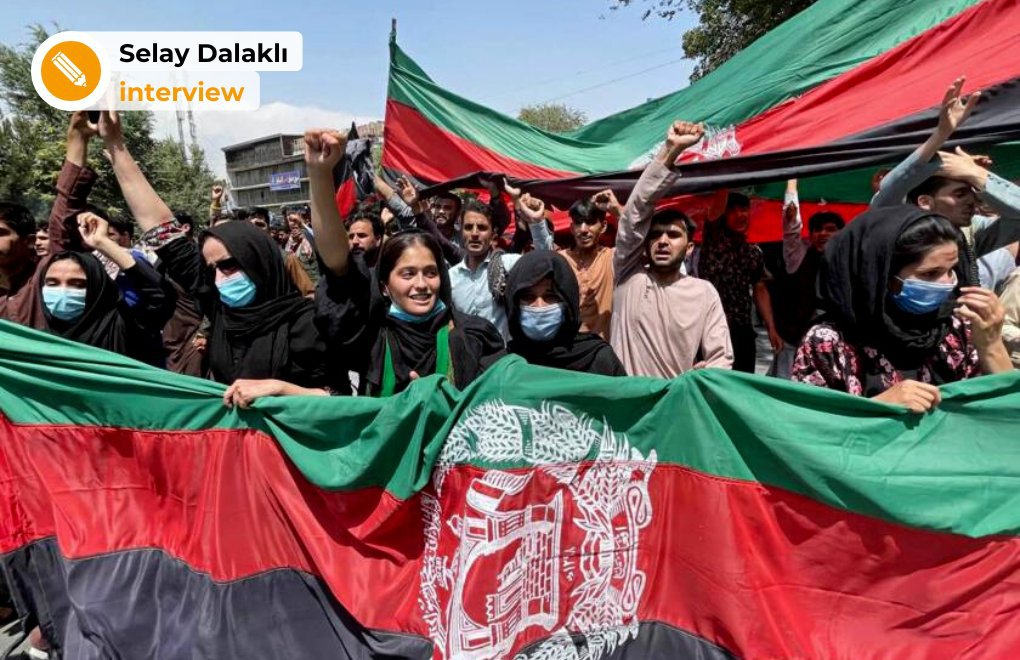* Photos on the left by bianet; on the right from social media
Being a woman... Being a woman in Turkey... Being in Turkey... To be honest, I cannot decide which one I find harder these days.
On December 29, when everyone was talking about how though a year 2020 was and expressing their hopes that 2021 would perhaps be any better, Turkey was shaken by the news that four women lost their lives as a result of male violence in a single day.
One of these women was academic Aylin Sözer from İstanbul Aydın University. She was brutally murdered in her home in Maltepe district by a man named Kemal A., who is now arrested on charge of "deliberate killing by tormenting and with monstrous feeling."
Selda T. was shot to death by her husband Mehmet T. in Turkey's eastern province of Malatya while Vesile D. was killed by her son Uğur D. in Antep and Betül Tuğluk was killed by her son B.A. in İzmir. All three perpetrators are reportedly arrested and sent to prison.
Anyone who is more or less familiar with Turkey knows that these feminicides are not isolated incidents. In fact, according to the bianet male violence monitoring report released ahead of November 25 International Day for the Elimination of Violence Against Women, men killed 253 women in Turkey in the first 327 days of 2020.
This report also showed that 165 women were murdered by their partners or ex-partners and 50 women were killed by their family members.
***
At this point, there is something else that we need to keep in mind:
Turkey is not only a country where hundreds of women are killed by men every year, but it is also a country where the İstanbul Convention has been opened to debate by the ruling party despite all this male violence suffered by women of all ages and backgrounds.
That was why the Dikili Women's Platform from Turkey's Aegean city of İzmir called out to authorities on December 30 and said:
"Stop manipulating violence against women with numerical data, stop assigning roles to women by citing 'family order', stop provoking and siding with men. Fulfill your responsibilities by effectively enforcing the Law no. 6284 on Protection of Family and Prevention of Violence Against Women and the İstanbul Convention, which is what you are obliged to do."
That was also why several women were briefly detained for protesting male violence in the capital city of Ankara on the same day.
That must be again why Buse Üçer, a member of the Women's Defense platform, was also briefly taken into custody because she retweeted a post with a video where women protested male violence in front of the ruling Justice and Development Party's (AKP) Ankara Office, attaching the note, "Soon will come the days when we set this city on fire!"
What was perhaps the most frustrating of all was that none of these statements and news came as any surprise to anyone who knows Turkey.
***
Since we are talking about Turkey, it is also worth mentioning that male politicians and state officials here are really fond of making statements about women, except for what needs to be done to protect them from all types of male violence in the real and sincere sense of the term.
As you also probably know, Turkey has a state institution called the Presidency of Religious Affairs, which is currently headed by Ali Erbaş.
On December 28, Ali Erbaş addressed the Presidency of Religious Affairs' personnel appointed to the Family and Religious Guidance and Counseling Centers (ADRB) in the country. In his opening speech at the in-service training, Erbaş argued that "there was no profession or goal which was more important for a woman than being a mother."
Further in his speech, he said, "Regardless of from what perspective we approach it, no reason or preoccupation can be an excuse for putting off, neglecting or not caring for family. No profession or goal can be regarded as more important than being a family, being a mother. No responsibility can be bigger than the responsibility of being a father."
In other words, from Erbaş' point of view, being a mother is a profession for a woman while being a father is merely a responsibility for a man.
***
Most recently, Fikri Sağlar, a former MP from the main opposition Republican People's Party (CHP), attended a program on pro-opposition Halk TV channel and said, "Hijab (türban) is one thing and headscarf (başörtüsü) is another... I doubt that a judge wearing a hijab will be impartial... I am against hijab, I am not against headscarf."
While Sağlar's remarks about veiled women sparked reactions in Turkey, President and AKP Chair Recep Tayyip Erdoğan addressed CHP Chair Kemal Kılıçdaroğlu after Friday prayers (January 1) and said:
"Mr. Kemal should stop deceiving the nation by having two [women in] headscarves on his side. Even when you have 20 [women in] headscarves on your side, everyone now knows who you are."
Further in his speech, Erdoğan said, "Putting a couple of people in headscarves like shop-window dummies (~for window dressing) just to receive votes deceives no one. Those days are over now."
Shortly after Erdoğan made this statement, lawyer Sevgi Kılıç, a CHP Party Assembly member who herself wears a headscarf, has "vehemently condemned" Erdoğan's remarks on her Twitter account.
CHP Chair Kılıçdaroğlu has also made a statement and said:
"Wasn't it enough for you to divide society and set it against one another? Just shut up for a while. Stop insulting people; everyone on your side is very good while those against you are enemies... What enemies are you talking about? We live in this country together. We live together as veiled and unveiled women, as women and men, as the young and old.
"Just give it a rest and let people smile at least on the first day of 2021. I really pity him; may God help him come to his senses."
***
Amid all these political debates and polemics about women's looks, I look at my own reflection in the mirror and ask myself: What do I represent, after all? What do I "mean" in this life and country where everything is so full of political and ideological symbolism?
I don't know. I honestly don't know.
But there is one thing that I know for sure: I don't want to represent anything by how I look or by what I choose to wear or not to wear.
I don't want to represent or come to mean anything. I don't want any labels other than the ones that I choose to define myself.
I don't want to be forced to feel proud of anything other than what I have achieved in life thanks to my own work and efforts, just as I do not want to be forced to feel ashamed of what I am or I am not in life.
And above all else...
I want to live and I want to live freely.
I want to walk on the streets freely without fearing for my life, without fearing that anything will happen to me around the corner.
I don't want to be so sure that justice will most probably not be served if something indeed happens to me someday.
I don't want to be a hashtag and to be forgotten, at least by the general public, in a few days, until another woman loses her life in a feminicide.
I want to be recognized as part of this society and the policies of the state without being a wife, without being a mother or without leading the life that some political power holder finds appropriate for me.
And, more importantly, I want the same things for all women of all ages, backgrounds, professions, lifestyles, sexual orientations or any other category that I have perhaps forgotten to mention here.
***
I hate generalizations as I hate being the part of a generalization; that is why this brief article is written in the "I", rather than saying "We, women".
But I still think that most women would agree with me.
We want to live and we want to live freely.
Is there anyone who hears us?
Is everything so hopeless for us in Turkey?
Certainly not.
***
On March 8, 2020, when the novel coronavirus (Covid-19) outbreak had not yet officially come to Turkey, hundreds of women gathered in İstanbul's İstiklal Avenue for the 18th Feminist Night March, despite the ban of the governor's office and intervention of the police.
On that International Women's Day, the avenue was as full of women and color as was the case in 2018, when that year's Feminist Night March hit the front page of the New York Times newspaper.
On that night, there were  perhaps as many banners and slogans as women on the streets of Taksim, but one of the banners was particularly striking.
perhaps as many banners and slogans as women on the streets of Taksim, but one of the banners was particularly striking.
It read, "If you give away to despair, just remember this crowd."
It does not make much difference whether they were physically there or not. Women in Turkey indeed remember this crowd, just as they remember and know very well the power of unity and solidarity.
That is why they have been defending their right to life on the streets and on social media, insistently saying, "İstanbul Convention keeps us alive."
That is also why the feminist movement, despite all this pressure, intimidation and bans over the years, is cited as the most consistent opposition in Turkey that does not have the slightest intention to take even a single step back from women's acquired rights.
***
To conclude it as straightforwardly as possible:
Women want to live and they want to live freely in this country.
But, to make this happen, they do not just stand back and watch. They are not mere onlookers to their rights and lives. They do not content themselves with merely asking, "Is there anyone who hears us?"
Women in this country are not hopeless.
They know that they are right and they cry their righteous demands out loud. Because they do not fear, because they remember "this crowd" and dozens of others whenever they are about to give away to despair...
With unity and solidarity... (SD)




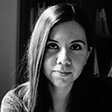
.jpg)
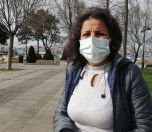
-13.jpg)
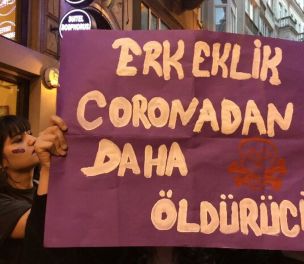

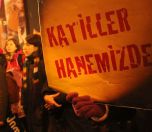
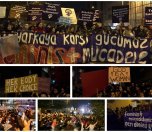
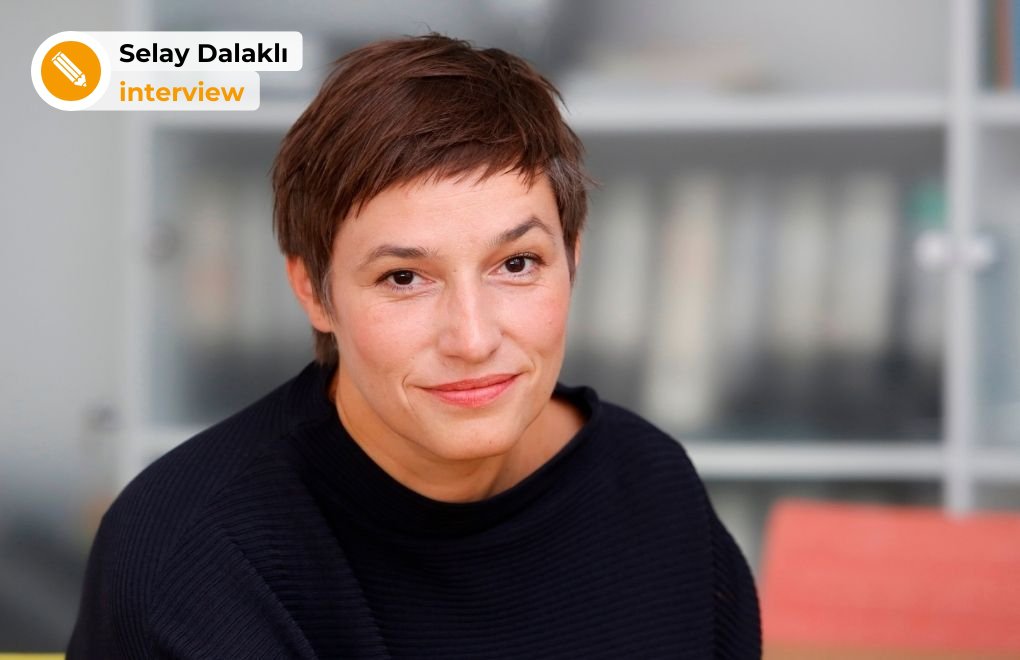
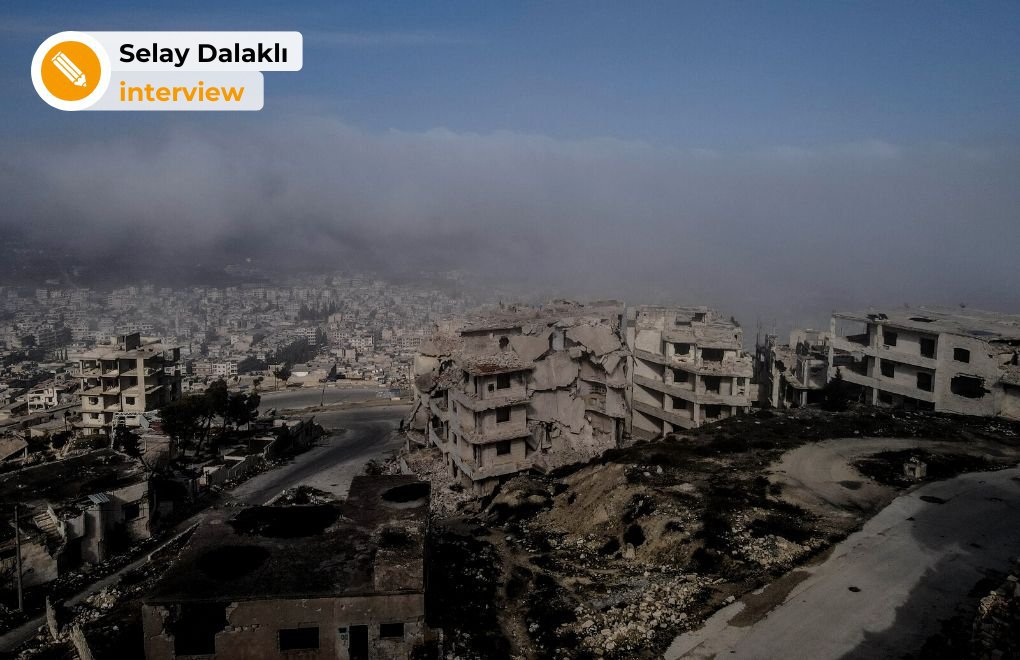

.jpg)
